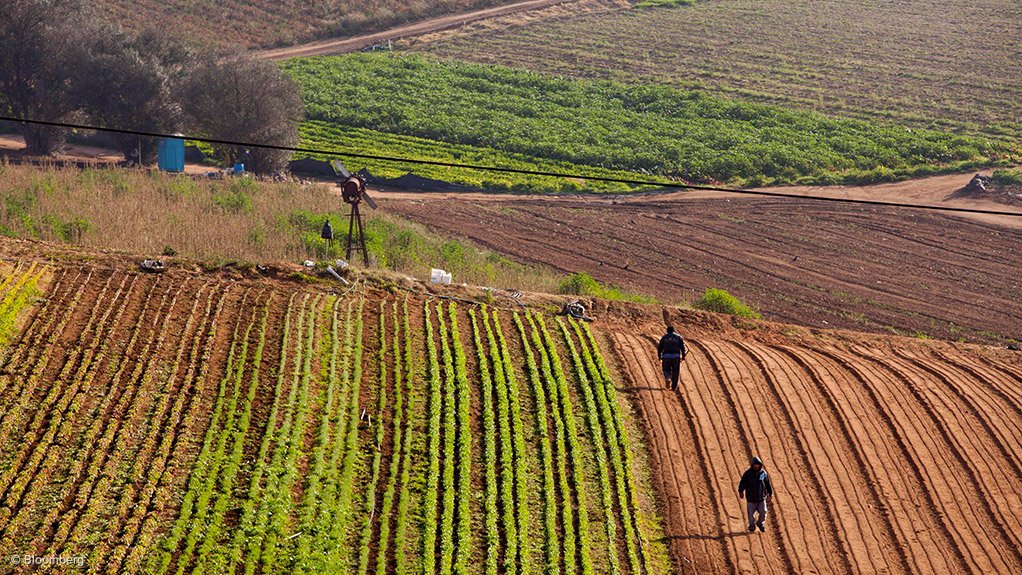In the past six to twelve months, there has been an increase in international and South African agriculture-equipment suppliers establishing branches in many sub-Saharan African countries, instead of catering for the continent from South Africa, says international credit insurer Coface.
Coface commercial director Paul Jooste tells Engineering News that the trend also extends to international commercial farmers who are venturing into countries such as Zambia, Ethiopia, the Democratic Republic of Congo, Ghana and Mozambique, which were previously not sufficiently farmed.
He says this interest can mostly be attributed to massive infrastructure development projects happening across the continent, where roads, harbours, airports and railways are being built, which subsequently makes doing business and moving around on the continent less difficult.
“Some companies started investing in different markets, which they have identified as far back as five years ago. However, within the last six to twelve months, it has become more of a focus point, as businesses are considering growth into Africa with more emphasis,” Jooste explains.
Industry Challenges
Jooste says that, although Africa’s agro-ecological potential is much larger than its current output and that more than one- quarter of the world’s arable land is in Africa, the continent generates only 10% of global agricultural output.
He says this is because the continent’s agriculture sector faces several challenges that include access to arable land by commercial farmers, adding that a commercial farmer needs more than 100 ha to be commercially viable. Jooste further notes that accessing arable land on the continent is often difficult, as the land could already be in use for something else or the process of acquiring it could involve lengthy processes.
Jooste states that as the farming sector becomes more mechanised, with limited need for human labour, the sector needs more skilled and educated labourers to operate and sustain commercial farming, which is a challenge in many remote and underdeveloped parts of the continent.
Further, accessing resources – such as fertilisers, seeds and mechanical equipment – on the continent is difficult.
Jooste, however, reiterates that there is a commitment to eradicating some of these challenges in many countries. For instance, Kenya, Angola, Mozambique, Nigeria, Senegal and South Africa have announced billion-dollar investments in transport, fuel, water and energy infrastructure in recent years.
Edited by: Samantha Herbst
Creamer Media Deputy Editor
EMAIL THIS ARTICLE SAVE THIS ARTICLE
To subscribe email subscriptions@creamermedia.co.za or click here
To advertise email advertising@creamermedia.co.za or click here













